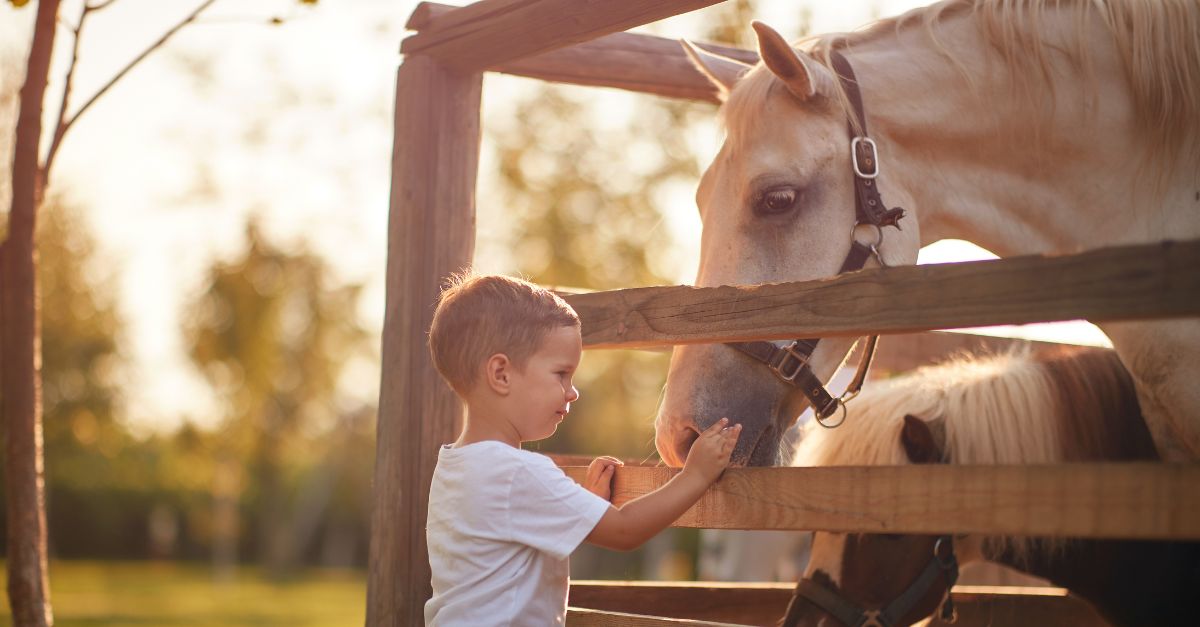
Imagine a world where your child’s first teachers are the Earth and its creatures. This is the essence of early agriculture, an approach that’s gaining traction among parents and educators who yearn for a more hands-on, natural learning environment. Today, we’re diving into how teaching kids to care for farm animals helps foster empathy, responsibility, and sustainability throughout their lives.
The ABCs of Animal Care
When a child learns to care for an animal, they come to realize every action has a tangible, often immediate, consequence. By arming your kids with such knowledge, you give them a deeper understanding of why animals need our care and how their needs differ from ours. Above all, these activities foster a bond between the child and the animal that turns a daily chore into a moment of shared connection and joy. Such routines provide a sense of security for the animals and teach the children the rewarding aspect of sticking to a job, even when it’s not all sunshine and rainbows.
Practical Projects and Everyday Engagement
From learning the best way to build a chicken coop to the most common horse feeding mistakes, engaging in animal care offers a host of benefits to kids. Incorporating animal care theory into practice doesn’t have to be complicated. These simple, engaging activity ideas can help you start.
The Chicken Cam
Setting up a live feed from the chicken coop can be a great project for the whole family. It brings nature and animal behavior right into your living room and provides endless opportunities for observation and discussion.
Wholesome Meals for Healthy Horses
Feeding our equine companions is about much more than tossing hay into a stall. This thoughtful process allows us to meet their dietary needs are met and maintain their health. Creating wholesome meals helps kids learn and grow while ensuring that their beloved equine friends receive all the necessary vitamins and minerals they need to thrive.
The Farmyard Journal
Encourage your child to keep a journal of their animal care experiences. They can note the weather, the animals’ moods, and any changes in behavior. This journal will be a treasured keepsake and a documented journey of their growth as caregivers.
Tending to the Tiniest of Tots
Even the youngest children can benefit from gentle exposure to the world of animal care. Use songs and games that mimic animal sounds and movements. If your child is the proud owner of a goldfish or a hamster, use this as a starting point for introducing the concept of daily pet care.
Embrace the Heritage of Agriculture
From bolstering their educational journey to instilling deep-rooted values, teaching kids to care for farm animals is a priceless investment in their future and in the future of our planet. So, whether you’re a seasoned farmer, a city dweller with a passion for the pastoral, or a curious homeschooling parent, embrace the heritage of agriculture with open arms.

Sam Hopes is a 37-year-old mom of two living in Portland, Oregon. She works as a freelance graphic designer and part-time yoga instructor, juggling creative projects with playdates and PTA emails. Known for her warm personality and dry humor, Sam loves hiking in Forest Park, thrifting on Mississippi Avenue, and weekend visits to OMSI with her kids, Ella and Milo. She’s the kind of parent who forgets sunscreen but always remembers snacks—and a good laugh.
